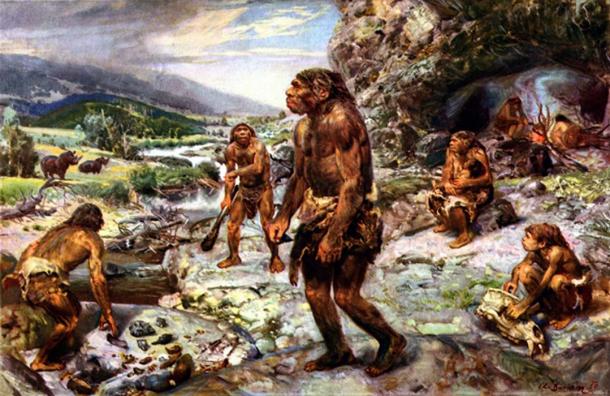

| Online: | |
| Visits: | |
| Stories: |

| Story Views | |
| Now: | |
| Last Hour: | |
| Last 24 Hours: | |
| Total: | |
Are Humans Just Self-Domesticated Apes?

One of the greatest mysteries is the origin of the human mind. Why are humans so different from other animals? Why do we have languages, religions, complex political and economic systems, and advanced technologies such as airplanes and rockets, while other species for the most part don’t have any of these things? Evolutionary biologists and paleoanthropologists are busy finding the answer to this question. One very interesting recent finding is the role that self-domestication may have played in the evolution of human cognition and particularly the evolution of human language. Scientists studying other species have noticed that anatomically modern humans differ from earlier pre-modern hominins in ways like domesticated animals differ from their wild ancestors.
Sexual Dimorphism
Domestication involves making animals less aggressive and more docile so that they can be more easily controlled by humans. This process results in traits such as smaller body size, reduced sexual dimorphism, and retention of juvenile features. They also tend to become less robust, with shorter faces and smaller teeth. One of the reasons for this is that more mature features in wild animals and larger body size tend to help them in aggressive activities such as competing for a mate or defending territory. Additionally, sexual dimorphism in many mammals, birds, and reptiles, at least, tends to occur because of greater competition between males. If a species becomes more docile and cooperative these traits no longer have a selective advantage.
www.Ancient-Origins.net – Reconstructing the story of humanity’s past
Source: http://www.ancient-origins.net/human-origins-science/are-humans-just-self-domesticated-apes-007859




Are the authors of this article just self domesticated morons? Careful how you answer…since the answer is the same for both.